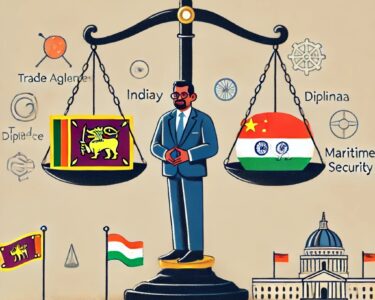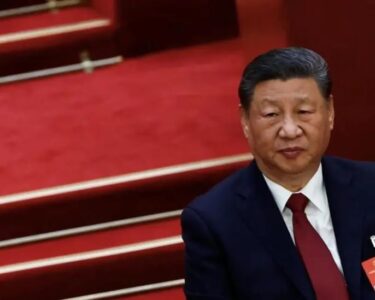A recent tit-for-tat air strike exchange between Iran and Pakistan, initially interpreted as escalating regional tensions, seems to be driven more by internal security concerns than Middle Eastern ambitions, according to multiple sources within both countries.
The flashpoint came on January 16th, when Iran launched missiles against the Sunni Muslim militant group Jaish al-Adl in Pakistan’s Balochistan province. Pakistan retaliated two days later with airstrikes on Iranian soil, marking the first such attack since their 1980–88 war.
While the strikes ignited regional worries, analysts and officials on both sides suggest the immediate motive lies closer to home. Iran, reeling from a deadly January 3rd bombing attributed to Islamic State (IS), sought to demonstrate its security prowess at home, according to an Iranian insider. The Kerman attack, targeting a ceremony for slain military leader Qassem Soleimani, was deemed a “national embarrassment,” exposing security vulnerabilities.
“Such terrorist attacks will get a crushing response from Iran,” the insider stated, highlighting the domestic pressure Tehran faced to act.
Pakistan, facing its own separatist insurgency in Balochistan, has long accused Iran of harboring its militants. A senior Iranian security official claimed to be providing evidence of Jaish al-Adl’s involvement in the Kerman attack and urged Islamabad to take action.
Despite the tension, both countries appear eager to contain the situation. Neither government explicitly linked the airstrikes to the ongoing Israel-Hamas conflict or broader regional alliances. Public statements emphasized that the attacks were not aimed at civilians and that further escalation is undesirable.
“Both countries have good reason to avoid a full-blown conflict,” noted Gregory Brew, analyst at Eurasia Group. “Iran has internal security concerns and broader Middle Eastern goals, while Pakistan faces its own internal challenges and wants to maintain stability on its borders.”
Experts suggest potential avenues for de-escalation, including bilateral dialogue or mediation from a neutral party like China, which enjoys good relations with both nations.
One thing is clear: the recent clashes, while raising regional concerns, appear to be driven primarily by domestic pressures on both sides. Whether diplomacy prevails or tensions simmer remains to be seen, but understanding the internal security motivations at play may be crucial in navigating the path forward.







